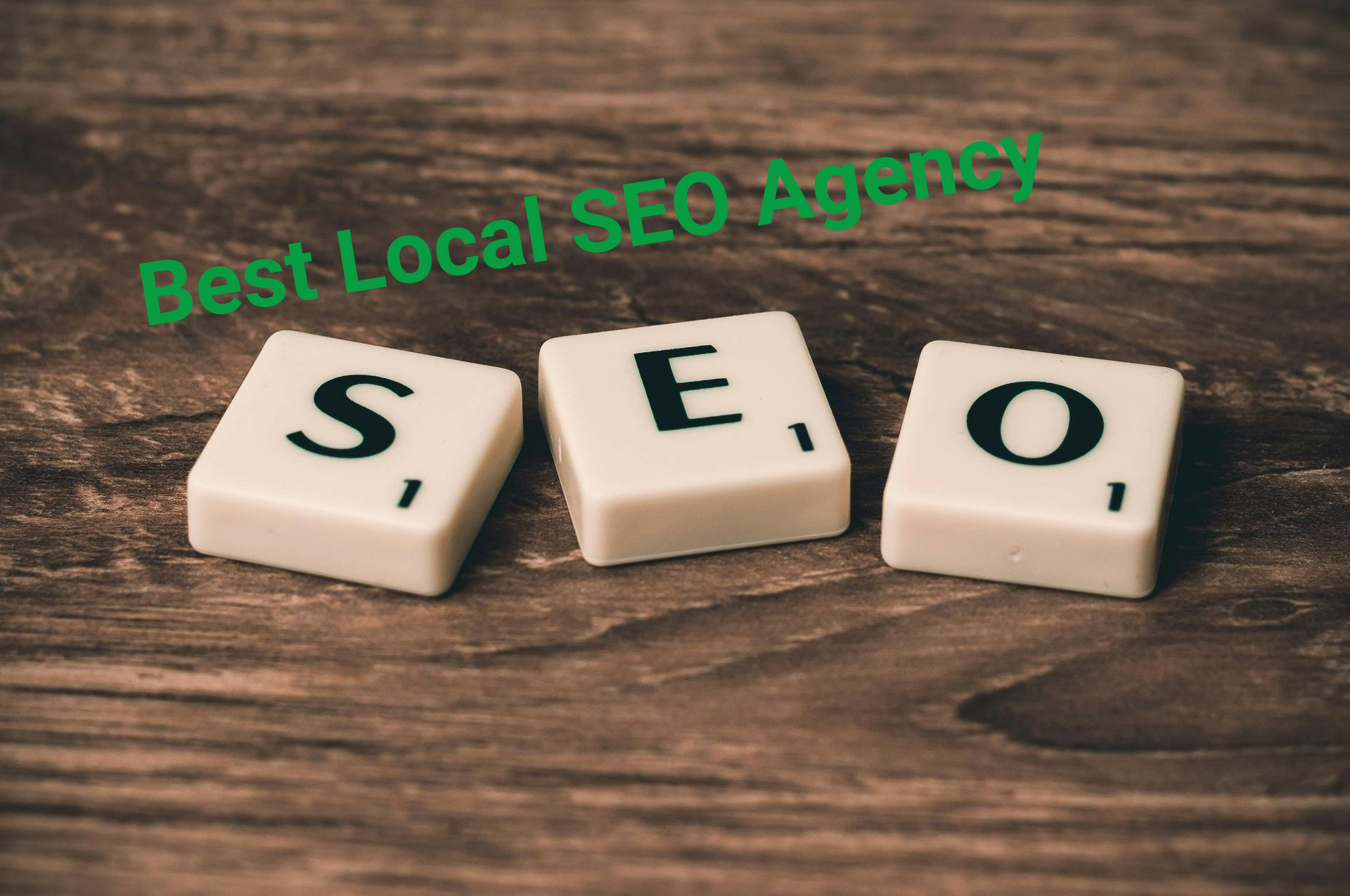Beyond Keywords: Optimizing for AI Search (GEO)

The way we find information online is changing. Search is no longer just a list of blue links. With AI Overviews and conversational tools like ChatGPT, users get direct answers and summaries. This means your old SEO playbook needs an update. Simply ranking for keywords is not enough to guarantee visibility.
To succeed, your business needs to be understood, trusted, and recommended by AI. This new approach is called Generative Engine Optimization (GEO). It’s about structuring your website’s information so that AI models can easily process and feature it.
Let's explore how you can prepare your website for the future of search by focusing on clarity, authority, and providing exactly what AI needs.
1. Use Schema Markup to Speak the AI’s Language
Think of Schema Markup as a translator for your website. It’s code that adds context to your content, telling search engines and AI models exactly what each piece of information means. Without it, the AI has to guess. With it, you provide clear, structured answers that are easy for AI to use.
Key Schema Types for GEO
- Service & Product Schema: Don't just write about your services; define them. Use Service schema to detail what you offer, its features, and who it's for. This helps AI accurately categorize your business and match you with relevant user queries.
- FAQPage Schema: AI is built to answer questions. Create detailed FAQ pages that address common concerns about your industry, products, or services. Marking these up with FAQPage schema makes your content a prime source for AI-generated answers.
- Organization & Review Schema: Trust is a major factor for AI recommendations. Use Organization schema to clearly state your business name, address, and phone number (NAP). Combine this with Review or AggregateRating schema to showcase testimonials and ratings, giving AI verifiable proof of your credibility.
Action Step: Audit your key pages. Are you using schema to clearly define your services, answer common questions, and display your business details?
2. Build Authority with External Proof and Expertise
AI models, much like people, rely on credible sources to form their conclusions. They look for signals that your business is a recognized and respected leader in its field. Your awards, media mentions, and client successes are powerful assets for building this digital authority.
How to Showcase Your Credibility
- Create a Recognition Hub: Instead of scattering your achievements across your site, build a dedicated "Awards & Recognition" page. List all your certifications, "Top Ten" placements, and industry accolades. This creates a single, authoritative source for AI to reference when evaluating your expertise.
- Develop Data-Driven Case Studies: Vague success stories won't cut it. Your case studies need to be specific. Clearly outline the client's problem, the solution you provided, and the measurable results. Use concrete numbers and metrics (e.g., "increased organic traffic by 150% in six months"). This provides the verifiable data that AI models value.
- Optimize for "Best of" Language: Weave authoritative phrases naturally into your content. Mentioning that you are a "top-rated agency for B2B SaaS companies" or an "award-winning provider of AI marketing solutions" helps position your brand as a leader for related AI queries.
Action Step: Gather your awards, top reviews, and best case studies. Turn them into dedicated, detailed content pages that an AI can easily find and understand.
3. Become the Expert with Deep, Specific Content
You can't expect AI to position you as an authority on a topic if you haven't published expert-level content about it. To be seen as a leader in Generative Engine Optimization, you must create the most comprehensive resources available on the subject.
Cornering the Market on Your Niche
- Build a GEO Cornerstone Page: This is essential. Create a single, in-depth landing page that acts as your definitive guide to Generative Engine Optimization. Explain what it is, why it matters, how it works, and what makes your approach unique. This page should be the go-to resource you want AI to cite.
- Develop Niche Content Hubs: Demonstrate your expertise in specific areas. If you serve a particular industry, create content hubs like "AI Marketing for Law Firms" or "GEO Strategies for E-commerce." These hubs signal deep domain knowledge, making you the primary source for niche-specific AI queries.
Action Step: Look at your GEO and service-related content. Is it the most detailed, helpful, and authoritative resource available for someone—or an AI—trying to understand the topic?
4. Guide AI with Strategic Internal Linking
Your internal linking structure is a roadmap for users and AI crawlers alike. It shows how different topics on your site are related and highlights your most important pages. A smart internal linking strategy guides AI to your cornerstone content, reinforcing its significance.
Linking Best Practices for AI
- Connect Core Services to GEO Content: Ensure your main service pages (like SEO or PPC) link to your dedicated GEO landing page and related blog posts. This creates a clear path, showing the AI how your traditional services connect to this new area of expertise.
- Use Descriptive Anchor Text: Avoid generic links like "click here." Instead, use anchor text that clearly describes the destination page. For example, linking the phrase "learn about our Generative Engine Optimization services" tells the AI exactly what to expect on the other side of the link. This helps it understand the thematic relationships across your website.
Action Step: Review your internal links. Are you creating clear pathways from your primary pages to your most authoritative AI-focused content?
Master AI Search Before Your Competitors Do
Optimizing for AI search is more than a technical checklist. It's a strategic shift toward providing clear, authoritative, and well-structured information. By using advanced Schema, proving your expertise, creating in-depth content, and structuring your site intelligently, you do more than just help AI find you. You position your business to be the one it recommends.
Need a Hand?
The ClickReady team is just a call away. We have an experienced team that can work with you to achieve measurable results!
1. What is the best way to optimize for AI search?
The best way to optimize for AI search is by implementing advanced schema markup, creating authoritative content, and building a strong internal linking structure. These steps help AI models understand and recommend your website.
2. Why is Generative Engine Optimization (GEO) important?
GEO ensures your website is easily understood and trusted by AI models, which are increasingly shaping how users find and interact with information online.





